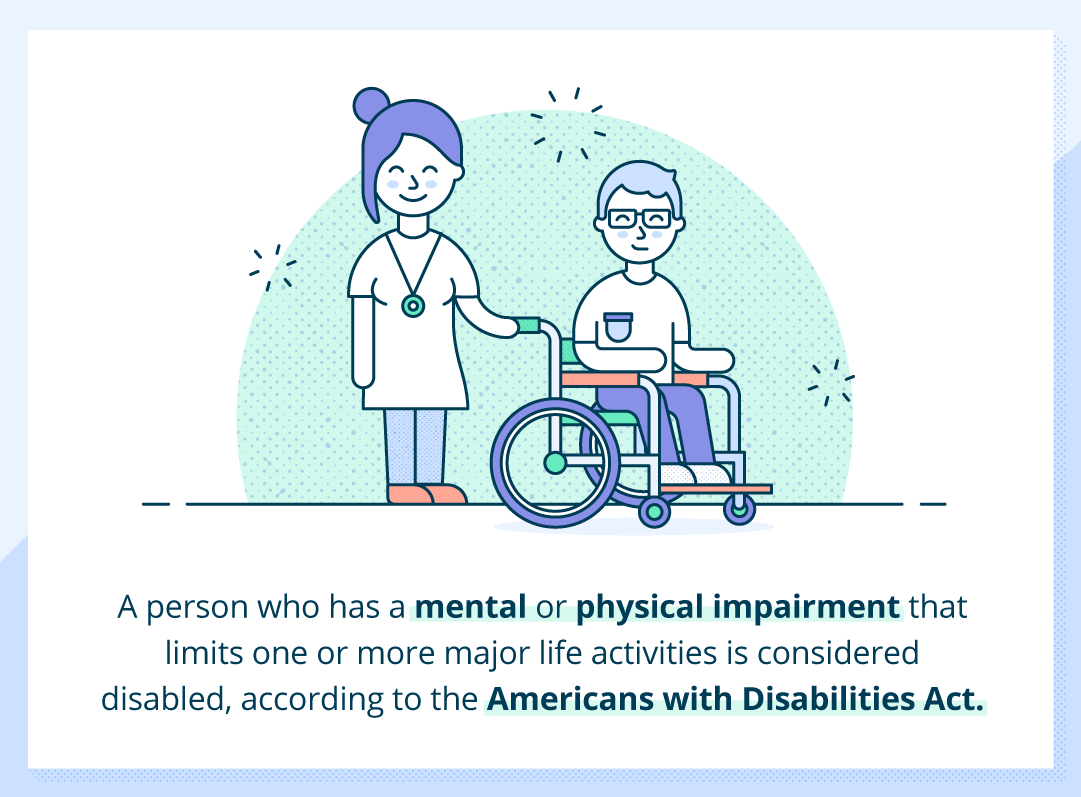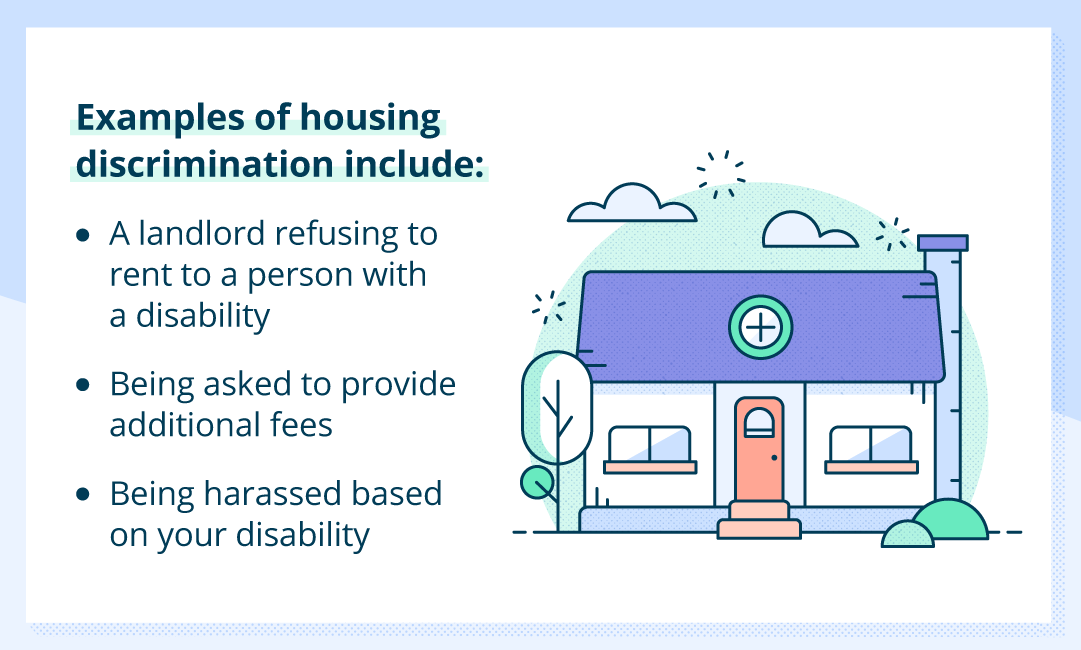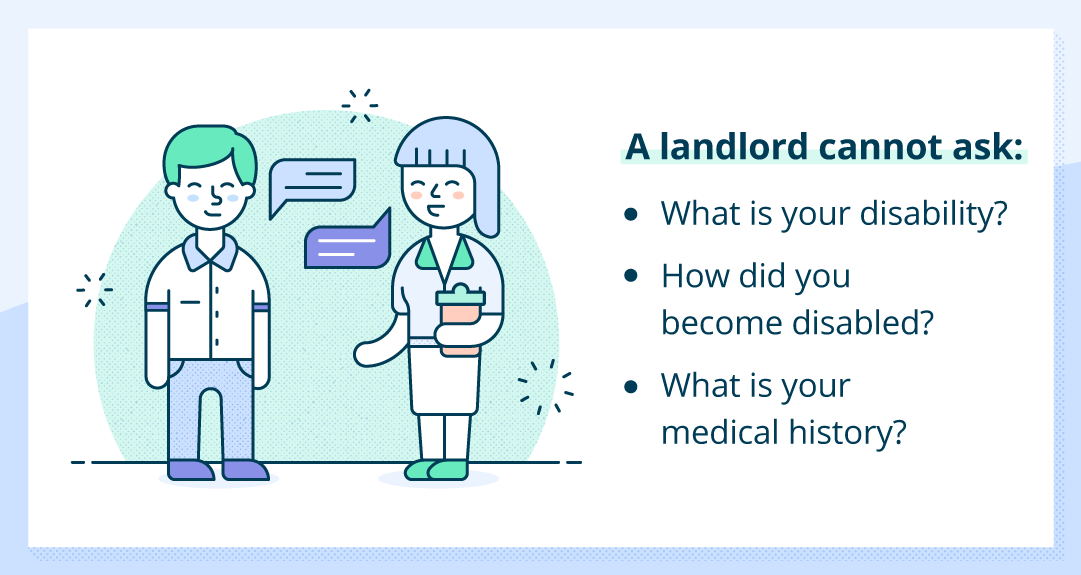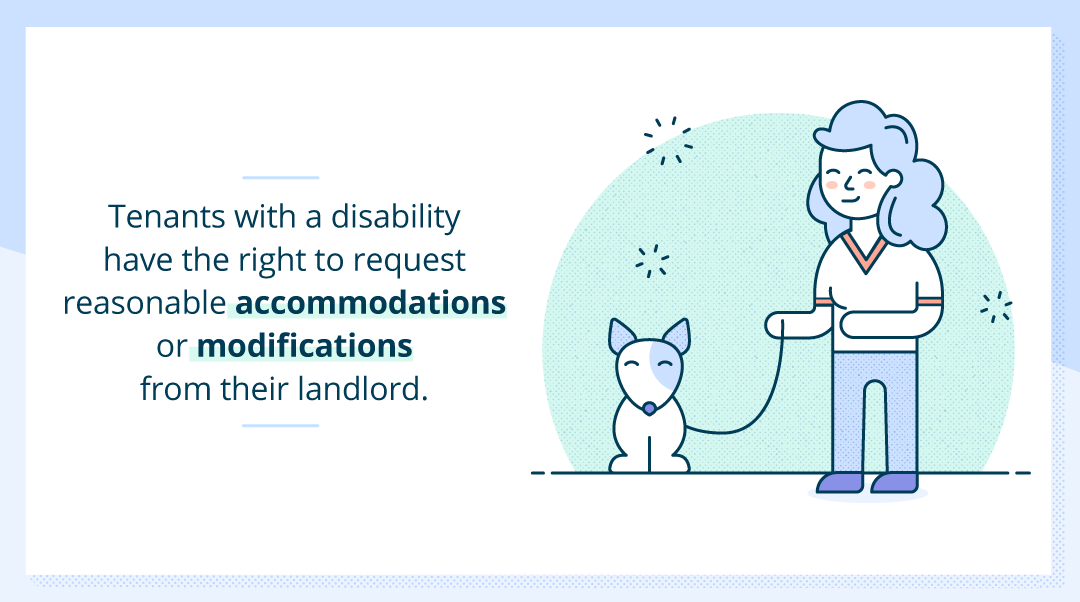

If you’re a tenant, finding an apartment that you love and feel safe in is essential. Searching for that perfect place can be challenging if you have a disability, but there are legal rights to be aware of and great resources to make the process easier.
If you’re a caretaker to someone with a disability, knowing if they’re ready to live independently is also crucial in ensuring their daily life is supported.
And landlords, it’s important to know how to provide accessible housing and meet the needs of renters with disabilities.
Read this article to learn everything you need to know about renting with a disability and accessible housing whether you’re a landlord or tenant.
Streamline Your Rental Property ManagementMarketing. Applications. Leases. Payments.
Streamline Your Rental Property ManagementMarketing. Applications. Leases. Payments.
Now, not only do landlords enjoy the convenience of collecting rent online, but by doing so, your tenants can build credit by reporting rent payments to TransUnion for free. Learn more about Rent Payments & Rent Reporting.

According to the Americans with Disabilities Act (ADA), a person who has a mental or physical impairment that limits one or more major life activities is considered disabled. This definition also applies to those that have records of being disabled. If you meet this definition, you may also qualify for Social Security benefits as long as you have one of these medical conditions. Common disabilities include:
There are various laws concerning disability and housing, and certain rights that tenants and landlords alike need to know. All enforced by the United States Department of Housing and Urban Development (HUD), the following laws protect tenants and highlight the responsibilities of landlords when renting out their properties to disabled tenants.
The ADA prohibits discrimination in all areas of public life against individuals with disabilities, such as public and private places open to the public, as well as work and housing environments. To be protected by this law, you must have a disability or have a relationship with a disabled person.
It’s also important to note that this law only applies to public areas, such as government-owned housing like university dorms and hotel rooms – not privately owned housing, like apartments.
These public accommodations must comply with basic non-discriminatory requirements that prohibit unequal treatment and segregation. The ADA also requires public establishments to remove any barriers to accessibility when it’s easy to do so.

The Fair Housing Act forbids discrimination of tenants or prospective tenants because of their disability or the disability of a person associated with them, as well as race, religion, sex, color, familial status, and national origin.
This act covers most housing. However, owner-occupied buildings with no more than four units, housing operated by religious organizations and private clubs that limit occupancy to members, and single-family houses sold or rented by the owner without the use of an agent are exempt.
Some examples of housing discrimination include:
Want to learn more about the Fair Housing Act to avoid catching a $16,000 discrimination charge? Enroll in our online Fair Housing for Landlords course today!
Section 504 of the Rehabilitation Act of 1973 prohibits discrimination on the basis of disability programs and activities conducted by the HUD. This law requires new multi-family housing construction ro include a certain percentage of accessible apartments.
A landlord does have rights when it comes to renting. Here are some accommodations, guidelines, and must-know discrimination laws you must follow when renting property to disabled tenants.

Landlords must treat disabled applicants and tenants like anyone without a disability. You cannot request medical records or ask directly about an applicant’s disability, nor can you guide a tenant to a specific unit. It’s also illegal to ask if the tenant is capable of independent living.
You also can’t require a pet deposit or pet rent for a service animal, charge extra fees/higher rent because of the tenant’s disability, or ask about the nature of their disability or its severity. Landlords should not ask questions like:
If it’s unclear whether or not the tenant is disabled, landlords are only allowed to ask for proof of disability when the tenant is asking for accommodations or modifications to be made to the property.
The tenant does not have to give specifics of the disability or give a copy of medical history. The only information that is needed is proof that the tenant has a covered disability, that accommodations are necessary, and that the proposed accommodations will help the tenant live in the unit just as a non-disabled tenant would.
According to federal law, disabled tenants and rental applicants have the right to apply for and live in a rental unit regardless of their disability. When a landlord denies housing to or discriminates against tenants with disabilities, they have violated the law. Here are some resources and rights to know before you seek to rent an apartment as a tenant with a disability.

Tenants have a right to request that reasonable modifications and accommodations be made to the lease terms or rental before move-in. An accommodation is a change or adjustment to a property rule, policy, or service.
Common accommodation requests include:
Tenants also have the right to request that modifications be made to the unit. Modifications are a structural change to a unit, which can include:
However, there must be a relationship between the accommodation or modification and the tenant’s disability. If the disability is not directly apparent, the landlord is allowed to ask for proof that the requested accommodations or modifications are necessary. Also, if any changes made to the property would affect the use and enjoyment of the next renter, the landlord may request that the unit be restored to its original condition upon move out.
Typically, the landlord is responsible for paying for these changes at their own cost – but they’re not required to do so if the request is “unreasonable,” meaning that the change would cause an undue burden on the landlord or result in a fundamental alteration of the property.
For example, a tenant requesting to add an elevator to the property would be considered an unreasonable request.
Requesting any changes can simply be done via letter. When making a reasonable accommodation request to your landlord, fully describe the required accommodation.
If there are resources that will make it easier or quicker for the landlord to accept the request, a helpful tip is to include this information along with the request (for example, places that are inexpensive that sell access signs or wheelchair ramps). Here are some important points you should consider including in your letter:
Whenever a request is considered “unreasonable,” the HUD suggests that the landlord and tenant work together to reach a reasonable compromise. Tenants have the right to file a discrimination complaint if the landlord refuses after being provided with sufficient proof that the accommodation is necessary.
Tip: During this process, make sure you request and keep everything in writing. This can make it easier to show proof if you need to file a complaint.
For renters with disabilities, apartment hunting can be tricky. If you’re a caretaker for a loved one or client, making sure they’re able to live independently with confidence is important.
Here’s a list of crucial questions to ask yourself before your disabled loved one lives independently:
If you answer no to multiple questions, you may want to consider the fact that your loved one isn’t ready to leave home. However, there are still some ways to prepare for this step in the future. Use this checklist below to help you prepare.